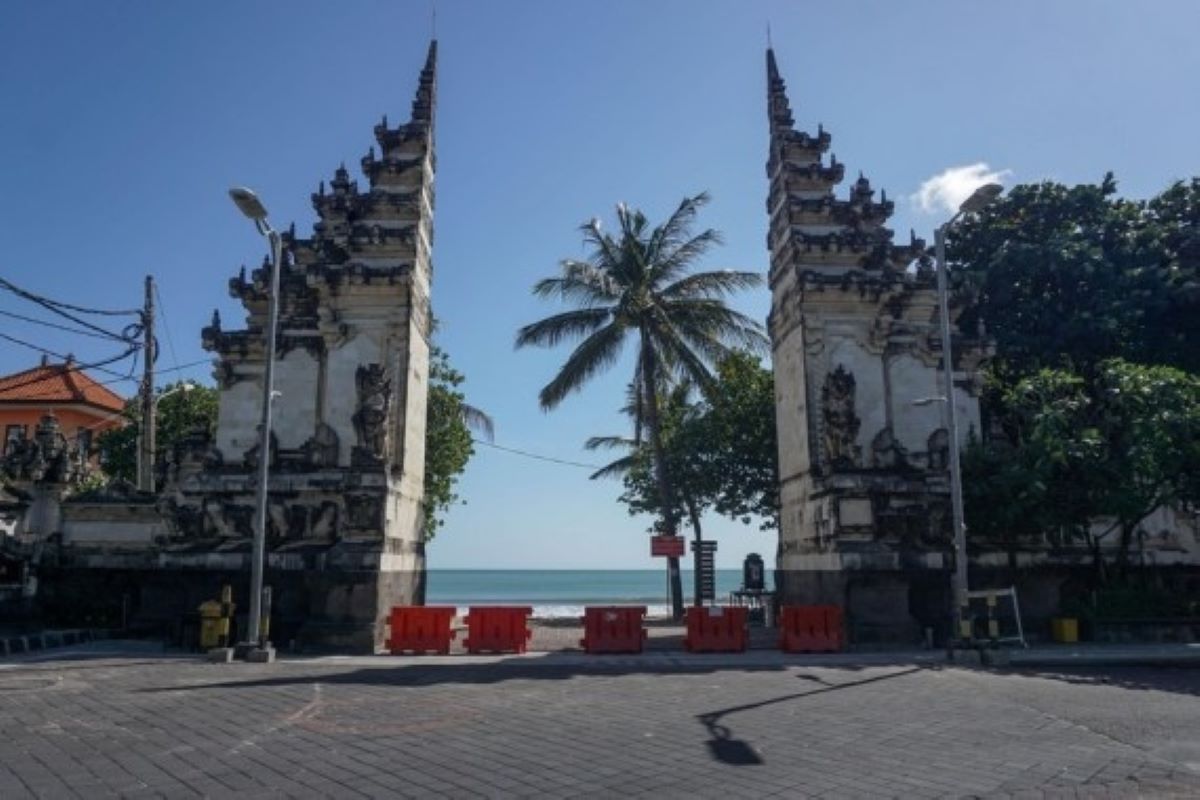India’s top 500 pvt cos value more than total GDP: Report
These companies value higher than the GDP of India and the combined GDPs of UAE, Indonesia, and Spain.
This policy enforces stricter restrictions on community activities than what has been applied so far, said the president

IANS,
Indonesia has imposed emergency community activity restrictions, locally known as PPKM, in Java and Bali until 20 July to curb the Covid-19 pandemic after the previous policy of micro PPKM proved ineffective.
The number of Covid-19 cases kept increasing in the country at an alarming rate.
Advertisement
The Health Ministry said on Saturday that Indonesia recorded 27,913 newly-confirmed cases of in the past 24 hours, the highest daily spike, bringing the total tally to 2,256,851, since the first infection was detected in March 2020.
Advertisement
President Joko Widodo said the policy is crucially important for the safety of the Indonesian nation and people amid the surge in fresh cases.
The current situation requires more decisive measures to stop the spread of the virus.
This policy enforces stricter restrictions on community activities than what has been applied so far, said the president.
The Indonesian government has spared no effort to curb the pandemic, along with the implementation of PPKM.
To back up the PPKM, the Finance Ministry increased the budget for health care to 185.98 trillion rupiahs ($12 billion).
“The health care is the highest priority in the national economic recovery, and now with the development of vaccination, diagnosis and treatment, the need for health care will increase,” Finance Minister Sri Mulyani Indrawati told a press conference.
The government has also decided to deploy 53,000 personnel in a joint force during the PPKM.
Coordinating Minister for Maritime Affairs and Investment Luhut Binsar Pandjaitan said that the government would penalized anyone who violates health protocols.
As of Saturday, the Indonesian government has received about 119,726,800 doses of vaccines both in bulk and ready-to-use from different foreign producers, and more arrivals of vaccines are expected in the near future.
Advertisement